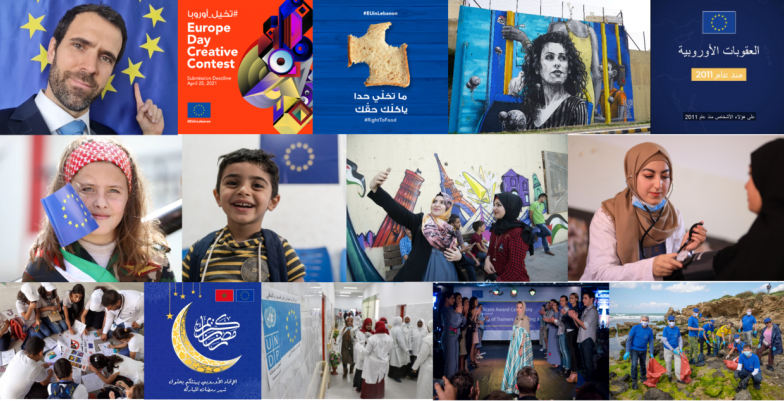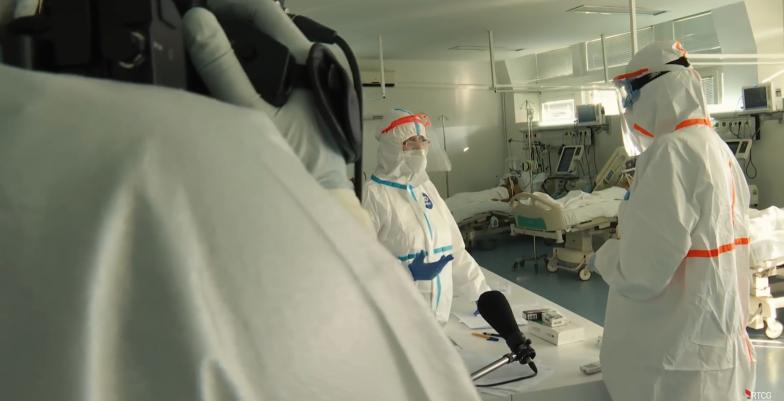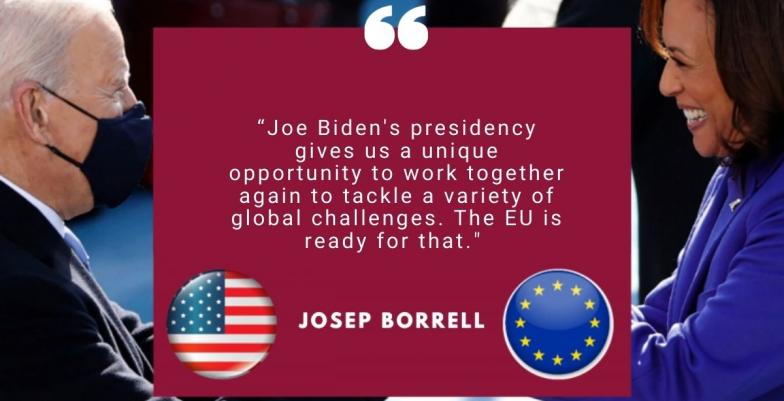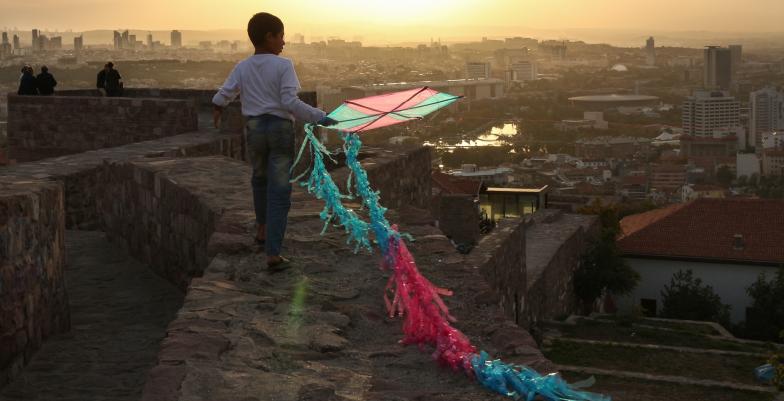العلاقات مع الاتحاد الأوروبي
البحرين والاتحاد الأوروبي
مملكة البحرين هي ملكية دستورية يستند فيها النظام القانوني الى دستور عام 2002 المعدل ويرأسها الملك حمد بن عيسى آل خليفة. ويوجد في هذا البلد هيئتان تشريعيتان: مجلس النواب يتألف من 40 عضوا من نواب منتخبين بالاقتراع العام، ومجلس الشورى يتألف من 40 عضوا يعينون بأمر ملكي. الأحزاب السياسية غير مسموح بها، ولكن في عام 2001 تم السماح بالجمعيات السياسية.
العلاقات السياسية
استطاع الاتحاد الأوروبي على مر السنين صياغة حوار سياسي بنًّاء مع أعضاء مجلس التعاون لدول الخليج العربية. ولاسيمام المملكة العربية السعودية، والبحرين، والكويت، وعمان، وقطر، والإمارات العربية المتحدة.
وتشكل اتفاقية التعاون المبرمة عام 1988 أساس العلاقة التي تهدف إلى:
- تعزيز الاستقرار في تلك المنطقة ذات الاهتمام الاستراتيجي؛
- تيسير العلاقات السياسية والاقتصادية؛
- توسيع نطاق التعاون الاقتصادي والفني؛
- زيادة حجم التعاون في مجالات الطاقة، والصناعة، والتجارة، والخدمات، والزراعة وإنتاج الأسماك، والاستثمار، والعلوم، والتكنولوجيا، والبيئة.
يلتقي وزراء خارجية الاتحاد الأوروبي سنوياً مع نظرائهم من دول مجلس التعاون لدول الخليج العربية لعقد محادثات عن القضايا الملحة. وبالإضافة إلى ذلك، فقد تم تأسيس مجموعات خبراء لتتولي المسائل القطاعية مثل قضايا الاقتصاد الكلي والتعاون في مجل الطاقة.
كما يشكل التعاون بين الجامعات، والشركات، والإعلام جزءً أيضاً من جدول أعمال الاتحاد الأوروبي- مجلس التعاون لدول الخليج العربية
EU-GCC RELATIONS
EU-GCC cooperation is based on the 1988 Cooperation Agreement. Since then, annual Joint Cooperation Councils and Ministerial Meetings of the Cooperation Council for the Arab States of the Gulf and the European Union have been taking place. Political consultations at the highest level take place a regular basis, as well as regular SOMs and Ministerial meetings, while annual regional director meetings are hosted in Europe and in the Gulf. Beyond political coordination, practical cooperation has taken roots in a number of areas between the EU and the GCC over the years, as also manifested in the first Joint Action Programme (JAP), which included fourteen different sectors.
The EU is the 2nd biggest trade partner of the GCC (after China, 15.8%), representing 11.9% of the GCC’s total trade in goods with the world in 2020 and 17.4% of the GCC’s imports came from the EU in 2020. The EU thus ranked as the GCC’s number one import partner. In 2020, the EU was the 4th biggest export partner of the GCC as 6.9% of the GCC’s exports went to the EU. There is an ongoing cooperation between the EU and GCC on trade and investment issues, macro-economic matters, climate change, energy, digitalisation, space and environment as well as research and innovation. A structured informal EU-GCC dialogue on Trade and Investment was launched in May 2017 and have been meeting since on annual basis. Furthermore, the 11th EU-GCC macroeconomic dialogue took place virtually in 2021 and focused on the policy responses to the COVID-19 crisis and its medium-term economic implications.
EU exports to the GCC countries are diverse but focused on industrial products such as power generation plants, railway locomotives and aircrafts as well as electrical machinery and mechanical appliances.
EU-GCC Free Trade Agreement (FTA) trade negotiations
The EU and Gulf Cooperation Council launched negotiations for a Free Trade Agreement (FTA) in 1990. The negotiations were halted in 2008, when the GCC countries suspended negotiations. The GCC has requested in 2019 extensive information about the modern EU FTA. The EU modern FTA model foresees a progressive and reciprocal liberalisation of trade in goods, in services and includes investment facilitation, customs facilitation, procurement and energy cooperation.
Security cooperation
Counter terrorism and security relations with the Kingdom of Bahrain and the Gulf countries are priorities for the European Union. The EU Delegation aims on developing an extensive and confident dialogue on security (including regional security, maritime security) and CT with partner countries of the GCC. It also aims in developing a close cooperation in different fields like counter-terrorist finance and anti-money laundering, combatting extremism and in strengthening EU-GCC cooperation in sectors of great importance for our common security such as Justice, cyber security, police (Europol) and Chemical, Biological, Radiological and Nuclear (CBRN) Risk Mitigation Centres of Excellence (CRBN CoE).
الوثائق







